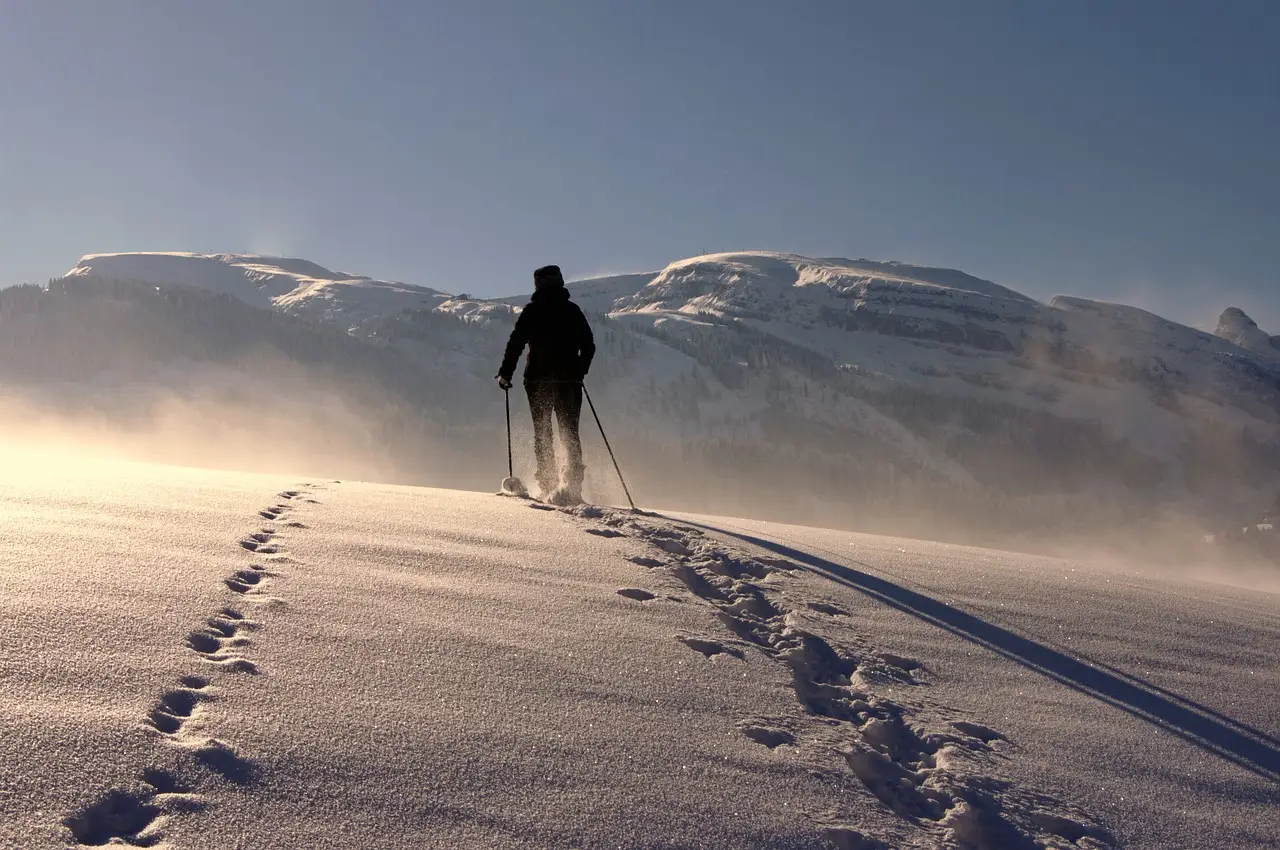There's a bizarre phenomenon known as paradoxical undressing which occurs in those suffering from hypothermia - and it's thought to have caused a headache for police in the past.
Hypothermia is a condition that occurs when your body temperature drops to 35°C or lower, and if left untreated, it can cause the body to completely shut down.
According to the NHS, some of the symptoms of the condition include; shivering, slurred speech, slow breathing, tiredness or confusion and pale and cold skin.
Advert

But one of the lesser-known impacts of the fatal condition is paradoxical undressing.
The strange phenomenon is used to describe when victims of extreme hypothermia begin taking off most or all of their clothing, which in turn increases heat loss and worsens the condition.
It's the last thing you think you'd do if you were freezing to death, but there's a scientific explanation as to why people may do it before losing consciousness.
In an effort to reduce heat loss, the body induces vasoconstriction, aka the contraction of blood vessels.
If someone has been in a state of hypothermia for a while, though, the muscles required for vasoconstriction become exhausted and start to fail.

This causes warm blood to rush to the person's extremities, which feels like a kind of 'hot flash', according to researchers.
Given the fact that those with hypothermia are already disorientated, they begin to feel like they're burning up and start ripping off their clothes.
This is where it gets even more interesting, because paradoxical undressing is thought to occur right before another unusual behaviour called terminal burrowing.

The behaviour is similar to what happens when animals hibernate and burrow away for the winter - their packed-in environment designed to minimise heat loss from their body.
But in humans, it can look even more strange.
For instance, in a 1995 article in the International Journal of Legal Medicine, researchers from Germany said hypothermia victims were found 'in a position which indicated a final mechanism of protection, i.e., under a bed, behind a wardrobe, in a shelf.'
And this is where the police come in.

Because of paradoxical undressing and terminal burrowing, it's easy to mistake those who have died of hypothermia of being a victim of a crime.
According to Live Science, having found the body, some investigators in the past could have wrongly believed that the person was a victim of a sexual assault and murder due to them being naked, and that being found in a strange location due to the burrowing was an attempt to get rid of or hide the body.
Those thought to be suffering from hypothermia should seek medical attention immediately.
The NHS advises in the meantime to:
- Move the person indoors or somewhere sheltered as quickly as possible
- Remove any wet clothing, wrap them in a blanket, sleeping bag or dry towel, making sure their head is covered
- Give them a warm non-alcoholic drink and some sugary food like chocolate if they're fully awake
- Keep them awake by talking to them until help arrives
- Make sure you or someone else stays with them
